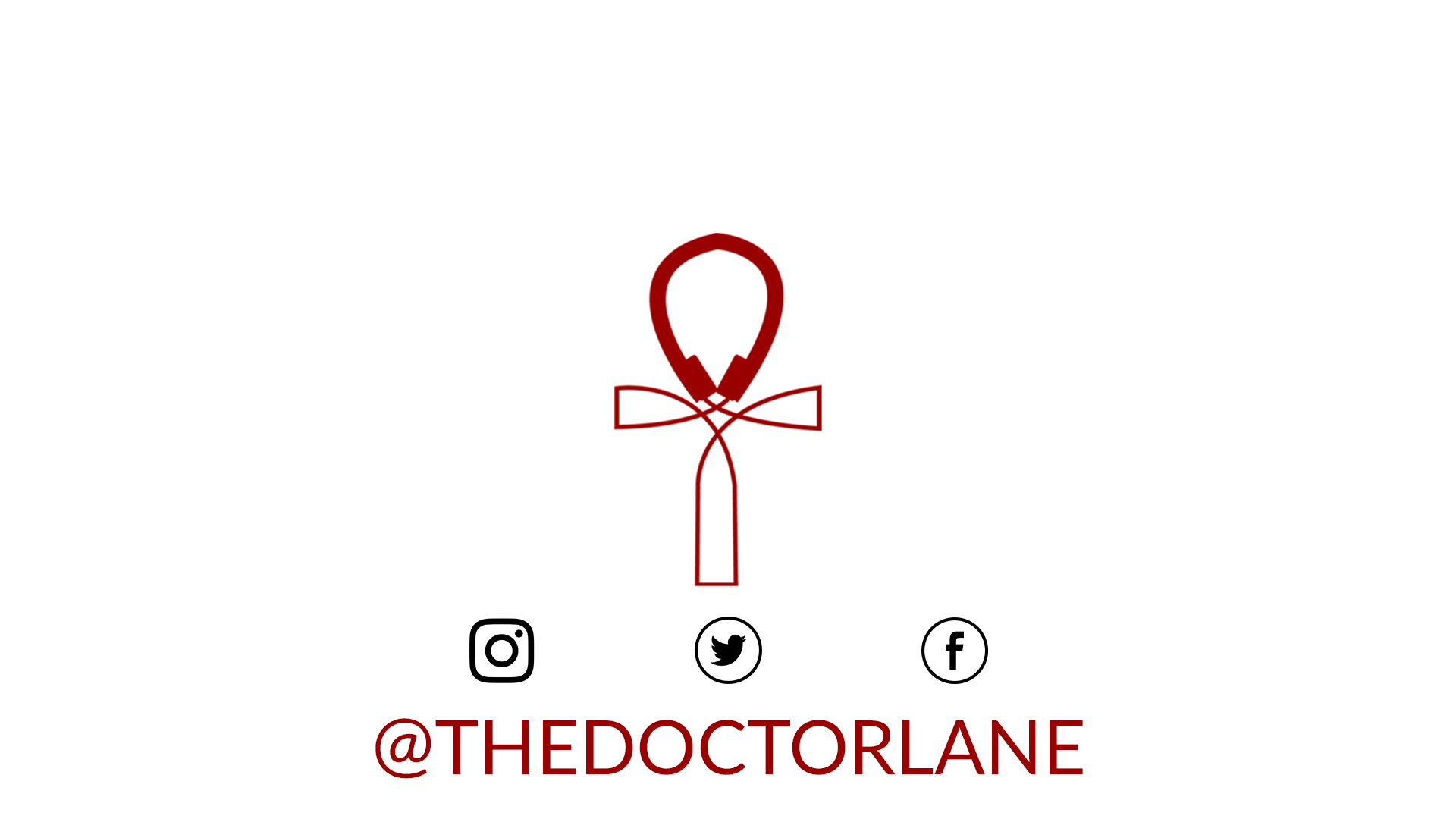Orange is the New Black, Season 1: The gasp, cringe, and note-worthy
As we embark on this new season of Orange is the New Black this Friday, June 6th–binge watching every episode while eating crispy crunchy things–I wanted to take a moment and reflect on noteworthy moments that made us gasp, cringe, and cheer, sometimes all at once. I also wanted to briefly touch on why those moments made me gasp, cringe, and cheer–reminding us that, even, in our binge watching stupor, we are our best selves when we take the time to digest what we’re being fed on television and attempt to understand the real-life structural forces that it proposes to depict.
- Sophia loses access to hormones – Ep. 3 – “If she wanted to keep her girlish figure, she should’ve stayed out of jail” says Natalie Figueroa, the warden’s assistant. Losing access to hormones because the prison experienced “budget cuts,” she has to devise a way to get them back and she does. Through flashbacks, we find out that Sophia is in prison because of committing credit card fraud to pay for gender reassignment surgeries. The fact that Sophia was a firefighter and her insurance probably didn’t cover her reassignment really sucks. And I wish we knew more about transgender people in prison and their options for comprehensive medical care and treatment.
- Is Miss Claudette in jail for violating child labor laws or murder? – Ep. 4 – We find out that Miss Claudette murdered a man in retaliation for his rape and assault of one of the young girls under her charge–under her charge within some kind of child labor ring. While she commits the act of vigilantism in defense of one of her girls, vigilantism isn’t okay and I’m not certain I’m comfortable with the whole child labor ring thing either. Whose getting paid off them working? And had Claudette not murdered that man, what justice would he have met otherwise since those girls are likely undocumented and working in some kind of child labor ring…
- Guards having sex with inmates – Ep. 6, Ep. 8, Ep. 11 – It’s an abuse of power for a guard to have sexual contact with an inmate. Even if it is consensual, the imbalance of power makes it wildly inappropriate. I cringe at the Dayanara and Bennett love story cause it’s all the way out of line.
- Red refuses to smuggle drugs into the prison for Mendez – Ep. 7 – You go girl. She knew many of her fellow inmates had drug dependencies and she tells Mendez she ain’t about that life. We all hate Mendez, but what we should really be suspect of are the correctional institutions themselves. Check out this NYT piece about violence and drug use in a halfway house in Jersey by Sam Dolnick.
- Healy throws Chapman into SHU for “lesbianing” with Vause – Ep. 9 – Healy crosses the line when throwing Piper in solitary confinement since she hadn’t actually broken any rules regarding sex with other inmates… yet. He also breaks protocol when calling Larry, Piper’s fiancee, to tell him that she was involved with Vause. His homophobia is specific though. He specifically has a problem with this nice, white, pretty, college educated woman being attracted to women.
- Healy’s homophobic behavior, particularly his anti-white-nice-middle-class-girl-lesbian behavior nearly gets Piper killed – Ep. 13 – Piper, in self defense, “kills” (knocks the hell out of) Pennsatucky while Healy turns a blind eye. That’s a hell of a punishment for being gay.
- All of these women are in prison – Ep. 1 thru 13 – Prison populations continue to swell with women (and most rapidly women of color). As of 2010, there were 2.2 million people behind bars in United States. As of late 2009, the Bureau of Justice Statistics reported that there were 113, 462 women in prison. Doesn’t seem like a lot but when you consider that the female population in prison went from 15,000 in 1980 to 113,00 in 2009, it is a hell of a lot. Like the show, women in prison are often substance users, and/or have been victims of trauma, manipulation, coercion, and physical abuse. So, yes, by all means, enjoy this show about women in prison, I do. But don’t slip up and start thinking prison must be “fun,” “interesting,” or “down right entertaining.”
When it comes to prison, I’m more apt to side with Angela Davis and other anti-prison-industrial-complex scholars and activists. Here’s a reading list to get you started about the “Prison Industrial Complex” and its effects on our society:
Reading List
Michelle Alexander, 2010. The New Jim Crow: Mass Incarceration in the Age of Colorblindness (just read the introduction… your brain will explode a little bit)
Angela Davis,1998. “Masked Racism: Reflections on the Prison Industrial Complex” on Colorlines.com
— 2003. Are Prisons Obsolete?
— 2005. Abolition Democracy: Beyond Empire, Prisons, and Torture
Loic Wacquant, 2009. Prisons of Poverty
World Health Organization, 2009, “Women’s Health in Prison: Correcting gender inequality in prison health.”










.png?resize=329%2C294)



